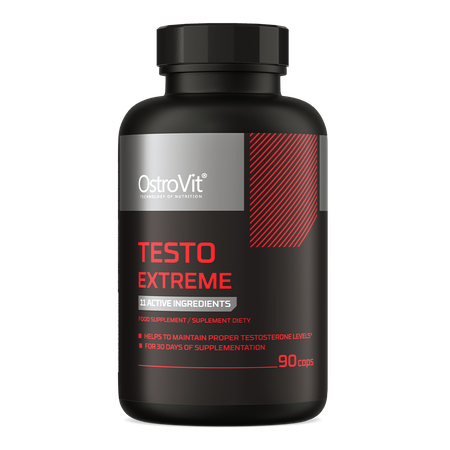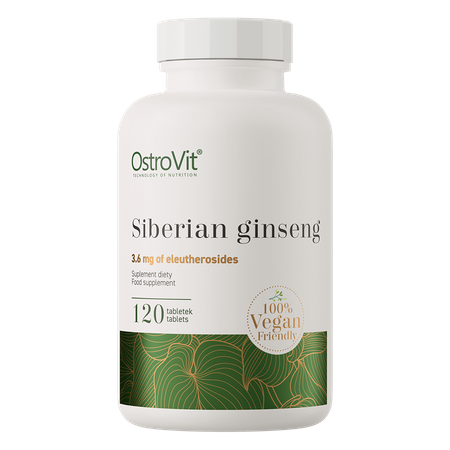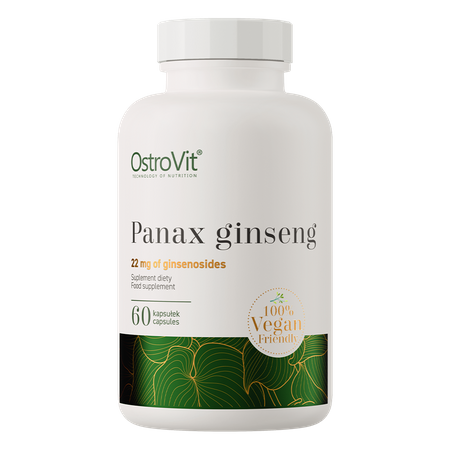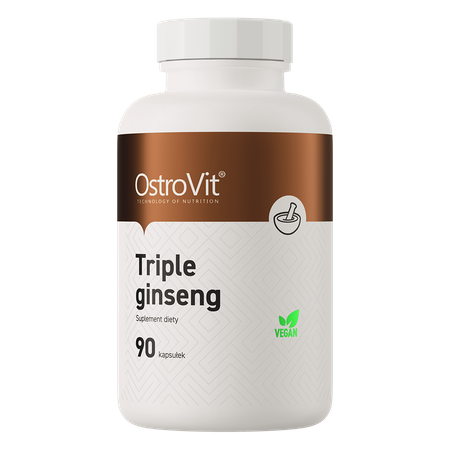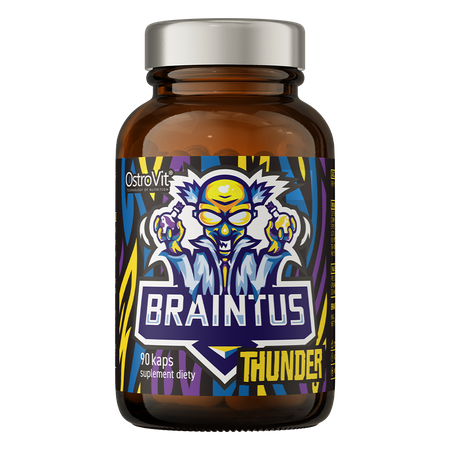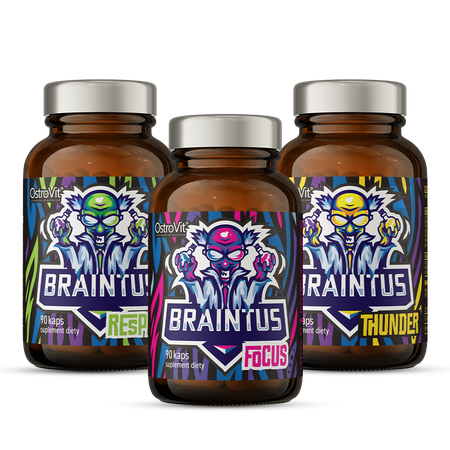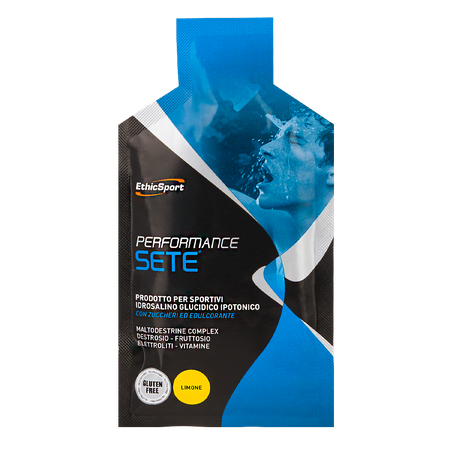Ginseng
Ginseng is a plant with multidirectional action, originating from the Far East, which has been known for hundreds of years. It is a wealth of active substances and has a health-promoting effect on the human body. Ginseng is classified as an adaptogen, it has, i.a. antioxidant and anti-inflammatory abilities.
Ginseng - what is it?
Ginseng (Panax ginseng) is a plant, also known as ginseng, or the root of life, whose health-promoting properties have been used for over 4,000 years in traditional medicine of the Far East.
This is a perennial from the aralia family. Its most popular variety naturally grows in Asia. In the past, ginseng occurred in north-eastern China and Japan and in the northern region of the Korean peninsula.
In natural medicine, ginseng is considered the golden mean for almost all ailments. Perennial contains more than 200 active substances known to us, which we will not find in any other plant, which explains its popularity.
Types of ginseng
There are several types of ginseng in the world. Among the most famous we can include:
- Chinese ginseng, also known as proper ginseng,
- Korean ginseng, also called red,
- Siberian ginseng, which can be found in Siberia,
- American ginseng growing in the eastern and central parts of the USA and Canada,
- Japanese ginseng, which comes from Japan,
- Indian ginseng, also known as ashwagandha. Popular in Ayurvedic medicine, it grows in the Middle East and India.
Properties of ginseng
Ginseng is a wealth of valuable nutrients. The plant contains over 200 substances that positively affect human health. The most important active compound present in the plant are ginsenosides, i.e. substances classified as saponins - sugars obtained from plants.
Ginsenosides increase the ability of hemoglobin to attach oxygen, which allows better supply of organs with the necessary substance. Thanks to this, the compound can contribute to an increase in the amount of energy in the body and the ability to perform effort, both physical and mental.
Ginsenosides also stimulate the immune system - they can increase the body's resistance and accelerate the convalescence of the body by stimulating the immune system to produce antibodies.
Ginseng also has a positive effect on the central nervous system, it can improve concentration and memory. It can contribute to increasing the effectiveness of learning and accelerating thought processes. Regular use of ginseng can add energy and increase resistance to stress. The active substances present in the perennial act through GABA receptors and can have a calming effect on the body.
In addition, ginseng has the ability to lower and maintain normal blood sugar levels. So there is a chance that the plant can be used as an aid among diabetics.
Korean red ginseng increases the release of nitric oxide in the body, which affects the relaxation of blood vessels. Thus, the plant can be used as an auxiliary agent in erectile dysfunction. In addition, ginseng can increase libido in both men and women.
In addition, regular use of ginseng, due to its antioxidant properties, can delay the aging process of the body and prevent hair loss. Moreover, ginseng can relieve the symptoms of menopause and andropause.
The health properties of the plant have also found their application in the world of athletes. Ginseng can lower the level of lactic acid in the blood and thus reduce soreness after physical exercise, and enable faster regeneration of the body after the end of activity.
Who should supplement ginseng?
Ginseng is recommended especially during times of reduced immunity and increased risk of infection.
In addition, it is recommended for people exposed to prolonged stress and increased effort, both physical and mental. Ginseng root is also great for reduced mental efficiency and concentration problems.
Adequate supply of ginseng
The daily, recommended portion of dried ginseng root is 0.5-2.0 g. However, such treatment should not last longer than two months.
The daily recommended amount of the preparation also depends on the type of origin of the perennial. Korean ginseng can be supplemented in an amount of up to 200 mg, while American - up to 400 mg.
There are also dietary supplements combining ginseng with other valuable ingredients such as ginger or guarana.
The selected preparation should be used in accordance with the manufacturer's instructions in the amount recommended on the product leaflet. It is not recommended to take more ginseng than suggested.
Side effects and contraindications to the use of ginseng
Preparations containing ginseng should always be taken in accordance with the instructions placed on the packaging or leaflet by the manufacturer.
If the recommended portions of the supplement are exceeded, undesirable reactions on the part of the body such as diarrhea, nausea, vomiting, as well as headaches, drowsiness and deterioration of well-being may occur.
Ginseng is a safe component of the diet, but in the case of accompanying diseases such as hypertension or hypoglycemia, it is recommended to consult a doctor before starting to take preparations rich in this ingredient.
In the case of people suffering from blood clots or hemophilia, special care should also be taken, as ginseng has an anticoagulant effect.
Preparations with ginseng are not recommended to be combined with steroid drugs or taken with symptoms of inflammation and increased body temperature. Dietary supplements rich in ginseng should also not be taken in the evening, as they may contribute to insomnia.

